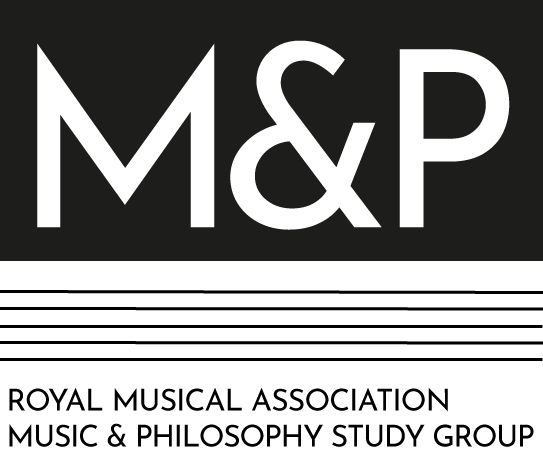On Rancière
Tamara Levitz (UCLA), convenor
Benjamin Court (UCLA)
Music’s Singularity
According to Jairo Moreno and Gavin Steingo, Rancière’s philosophy suggests music is political only when understood as radically equal to any other action, and that music must be “freed from the celebratory singularity—be it material or transcendental—that burdens it with impossible powers.” In this talk, I consider how one might implement this interpretation of Rancière as musicological method. Drawing on examples from contemporary pop music, I argue that Rancière’s description of artistic regimes inadequately accounts for ways of making music the results of which plainly exploit the experience of musical form as singular.
Tamara Levitz (UCLA)
Truth
In my talk, I will confront Paul Boghossian’s theses about truth and justification from Fear of Knowledge with Rancière’s theories about knowledge and art. Rancière, I would argue, is an epistemic pluralist, who believes in the co-existence of multiple epistemic systems. In other words, he presents precisely the type of relativist argument against which Boghossian most vigorously protests. Yet, at the same time, Rancière repeatedly suggests he believes in the existence of mind-independent facts in the world; likewise, he repeatedly appeals to truth. Curiously, I do not think the potential contradictions that may result from Rancière’s retention of the idea of mind-independent facts and a notion of truth within epistemic pluralism have never been investigated or critiqued, although that would be essential to proving the validity of his political theory. My goal in undertaking this critique is to question Rancière’s belief in the power of the creative artist—and especially the musician—to “redistribute the sensible, “ thereby changing the world.
Patrick Nickelson (University of Toronto)
A Lesson in Low Music
In 1974’s Althusser’s Lesson, Rancière mockingly refers to the “inaudible” low music that upholds the 11 authority of Althusser and other teachers. Noting that Rancière’s use of musical terminology is often framed within ironic paraphrases of other scholars, I consider his ambivalent and seemingly vexed relationship to music as a concept.
